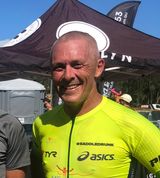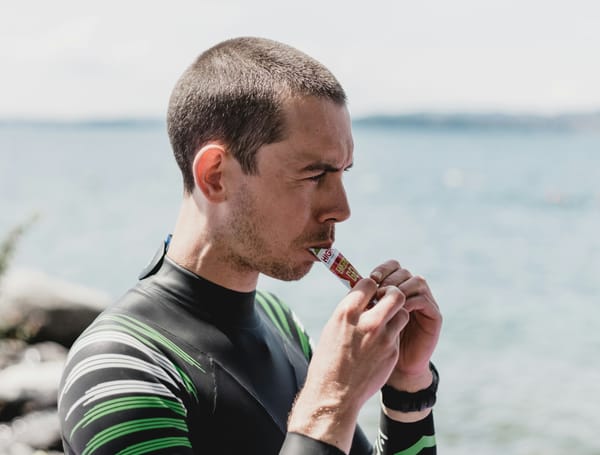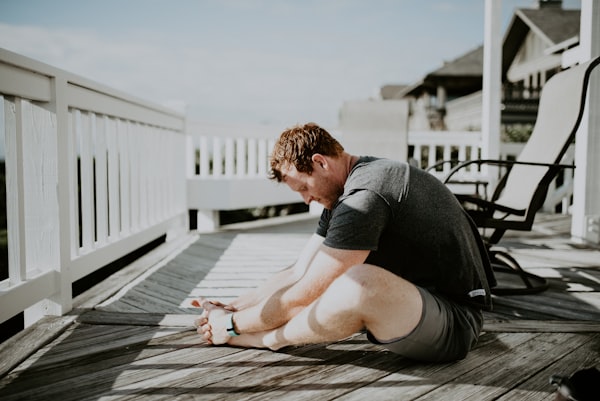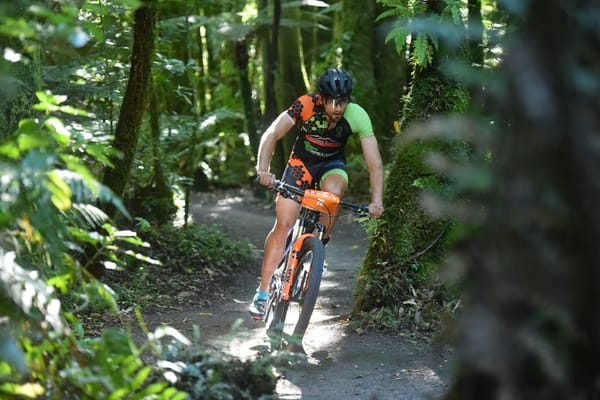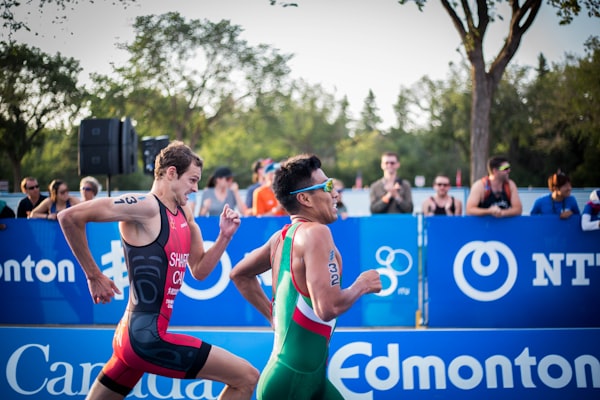New Zealand High Performance Centre to open in Cambridge
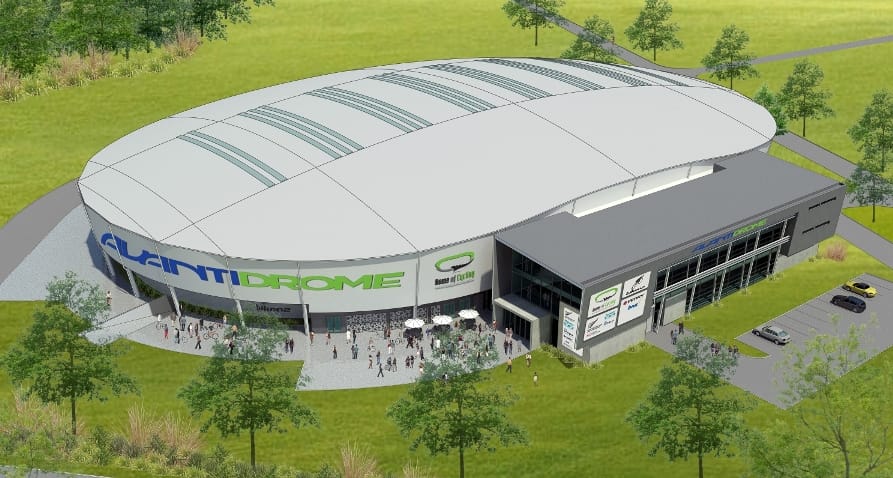
Triathlon New Zealand today confirmed the venue for its National High Performance Centre (NHPC) with Cambridge to be the focal point for the sports High Performance Programme, with a strong emphasis on the development of world class athletes.
Tri NZ High Performance Director Graeme Maw said Cambridge was chosen from an outstanding list of candidate locations, with Nelson and Christchurch the others to make the shortlist.
“When all factors are looked at Cambridge offers excellent training in all 3 disciplines and has an outstanding high performance culture ringing throughout its community, backed up proactively by the likes of HPSNZ, surrounding institutions and education, and the Waipa Council,” said Maw.
Maw described Cambridge as having a complete package of:
- Excellent training for all three disciplines
- Outstanding athlete support services
- Excellent and proactively supportive secondary and tertiary education
- A purpose built focal ‘hub’
- Readily accessible accommodation and infrastructure
- A compelling and growing high performance environment
- A safe and supportive community.
The NHPC will be based at the new Avantidrome complex, with dedicated office space in the building and shared athlete facilities including sports science, therapy and gym.
Triathlon New Zealand will also utilise the outstanding facilities at nearby St Peters School, including the 25m outdoor heated swimming pool and conference and boarding facilities for athletes coming into camps or on short term visits to the NHPC.
Maw explains that the NHPC is about developing outstanding triathletes while also acting as a hub for the High Performance Programme.
“The NHPC will provide the complete professional development for generations of Kiwi triathletes aspiring to achieve success on the Olympic stage. It will be the complete ‘academy for triathlon excellence’ focused of course on training allied with education in sporting skills and culture, academic support, and personal development.”
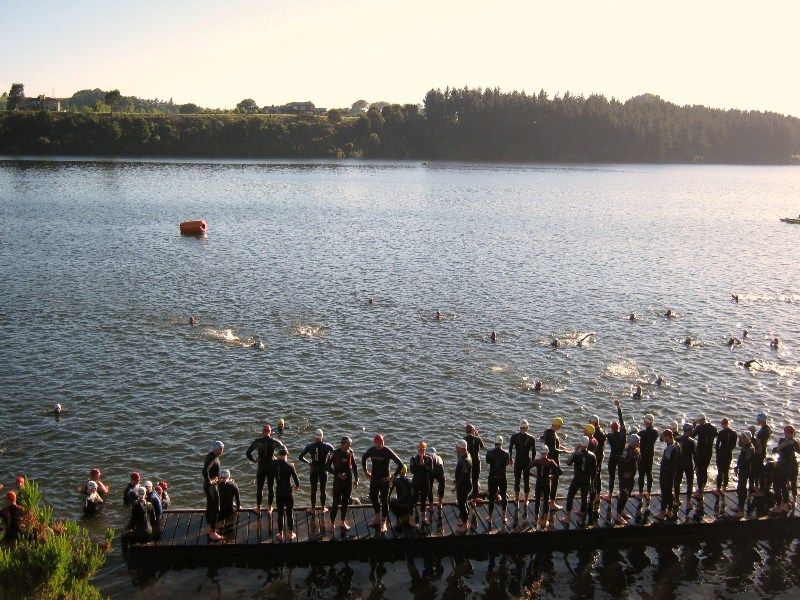
Tri NZ National Coach Greg Fraine says the environment is one that will be conducive to great training, great culture and a great platform for athletes to emerge from.
“A High Performance Centre must offer the following; the best athletes, the best coaches and support providers all based in the best environment,” said Fraine.
“High Performance coaching is about programming, as is any coaching, but more often than not it is about looking at how the athlete reacts to the stresses of a programmed session and then assessing the next step. There is always a plan but the plan can be tailored to the needs of an individual, this approach is often subtle and can only be done effectively with hands on coaching. Time spent observing and analysing a session is so much more effective when done in real time rather than over a phone or skype conversation.
“The added benefit of peer challenge/review from a coaching group at a base is a massive strength of any HP programme we will now have that with a National High Performance Centre. Support infrastructure is key to keeping athletes focused, healthy and fit we will have this in a one stop shop at the NHPC.”
The podium athletes will not be based at the NHPC, as per the HP Strategy they will be entrusted to their own environments whilst maintaining daily contact with the Tri NZ HP coaches and coming into the NHPC on a regular basis throughout the year for training camps and planning sessions.
Maw spoke of a robust and thorough process to identify Cambridge as the ideal location.
“There have been many contributors to this process, from the 2012 HP review Steering committee who envisaged a centralised programme; to the athletes, coaches and staff through consultation; the scoping panel and the Tri NZ Board; and the various local councils who showed such enthusiasm for supporting triathlon, especially colleagues in Nelson, Christchurch and Cambridge.
“This decision was made however by way of a very objective process looking at the facts and the future development of Triathlon and it is a decision that we believe will deliver a world class future in ITU triathlon for New Zealand.”
The decision has been well received in the Waipa District, with Mayor Alan Livingston delighted to hear of a ‘new tenant’.
“Cambridge and Waipa District is thrilled that Tri NZ’s National High Performance Centre is to be located in Cambridge. We know it will provide a superb environment for the development of NZ’s developing and elite triathletes by way of excellent facilities and where they are in the company of and motivated by other outstanding athletes, especially in rowing and cycling.
“Their presence will provide an economic benefit for the region and further vindicates the investment by a number of organisations into facilities including Mighty River Domain, the Avantidrome, new pool at St Peter’s, an excellent roading network, and the development of some excellent cycling and running trails. As well they will provide a high incentive to youth of the Waikato region.”
Tri NZ CEO Craig Waugh says the challenge is in front of the sport to retain its place amongst the best nations in the world.
“The Tri NZ Board and I are excited and pleased to see the continued implementation of the sports first independent review focused on 2020. Triathlon globally is a young sport that is growing exponentially in terms of participation numbers and Elite performance and investment. As Kiwi’s we do not want to fall behind, if we are to compete on the world stage and push for podium success we must adapt, grow and challenge ourselves. Tri NZ is steadfast in our desire to set triathlon up for success beyond 2020”
Q&A’s with Tri NZ on the Tri NZ NHPC in Cambridge
- What didn’t measure up at the other locations, notably Christchurch and Nelson?
This is not a case of what was wrong with the other locations, each presented extremely well in a robust process; it is that Cambridge proved to be the ideal location of the three when it came to the requirements of the HPP. The panel was charged with identifying the best location, Cambridge is that place.
- Will all Tri NZ HP athletes move to Cambridge?
No, the podium athletes will live away from the NHPC, those to live there and be coached on a daily basis will be the development athletes, primarily in the 18 to 23 age group. Younger athletes and the podium athletes will come in as required, utilising accommodation and facilities at St Peters College.
- When will the NHPC be operational?
We plan on being up and running in April, with the first significant event being a youth talent ID camp, with athletes staying in facilities at St Peters College.
- What about schooling or tertiary education?
Athletes will be encouraged to continue or commence studies at the various educational institutions in the region, including St Peters College and Waikato University.
- How long will athletes be based in Cambridge for each year?
Those in the HPP fulltime will be in Cambridge for approximately 30 to 35 weeks each year, with time spent travelling to events and opportunity for breaks at home throughout the year.
- Will Tri NZ coaches be at the NHPC fulltime?
Yes, coaching staff and other HP staff will be there on a permanent basis, when not travelling overseas with the HP squad of course. The makeup of the staff/coaches is yet to be determined under the leadership of National Coach Greg Fraine.
- Are facilities in all three disciplines of the sport up to international standard?
Yes, the ability to run, bike and swim was crucial to the decision and facilities in the region are world class, including the 25m pool at St Peters College, the 50m pool in town, and open water swimming at Lake Karapiro. The region offers a superb environment for cycling and running, with the development of off road trail running another tick for Cambridge.
- Does this mean all triathlon training will be in Cambridge?
No, the sport must be flexible and look for variety in training, including the need for altitude camps. There will be one off camps in different regions at different times during the year and athletes campaigns.
- Is this a long term deal that Tri NZ is committed to?
Yes, albeit with very clear opportunities to review. The lease is for two years, at which time we will review the NHPC and the HP Programme. The sport must constantly address its methods and degree of success if we are to improve.

